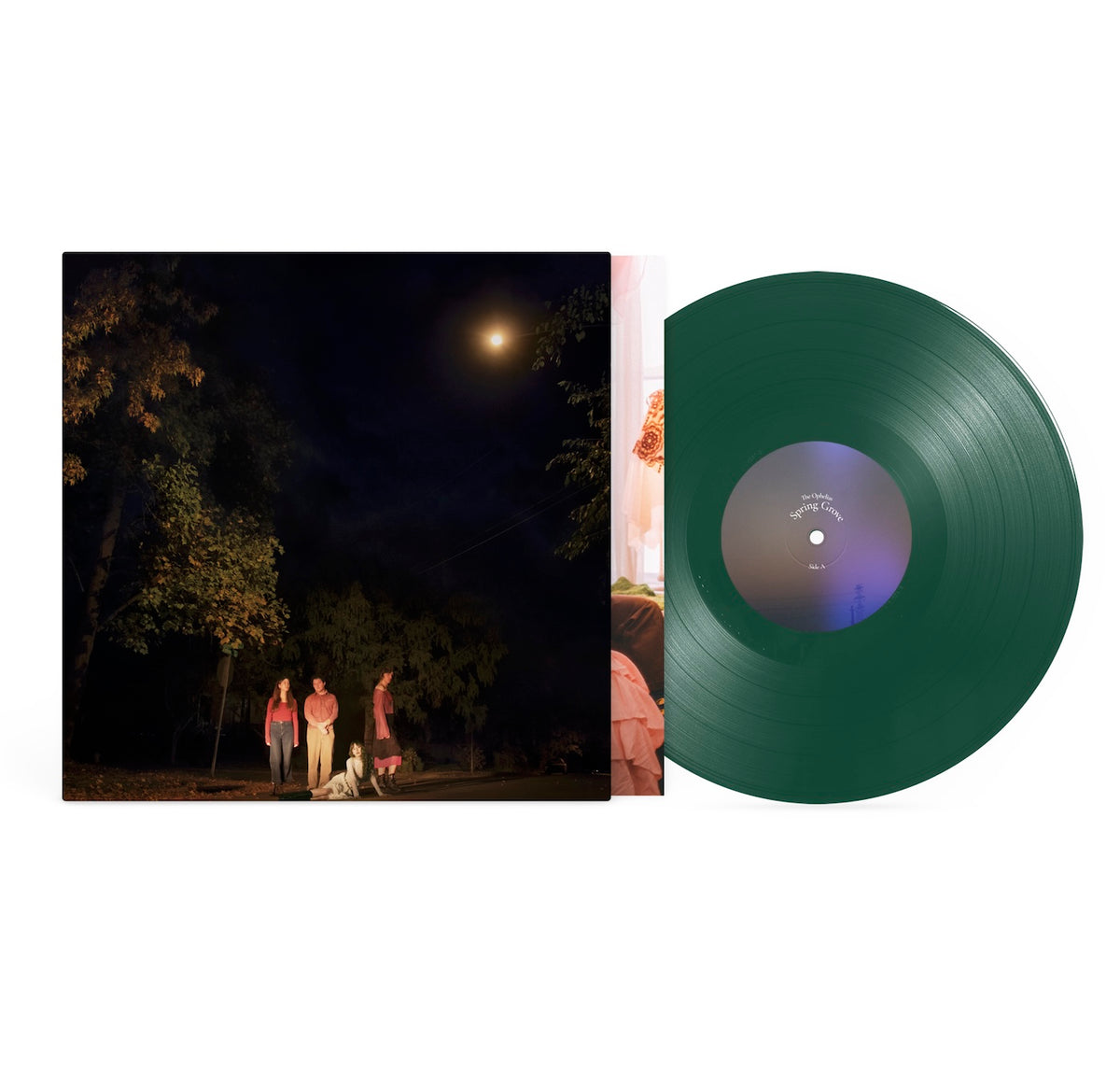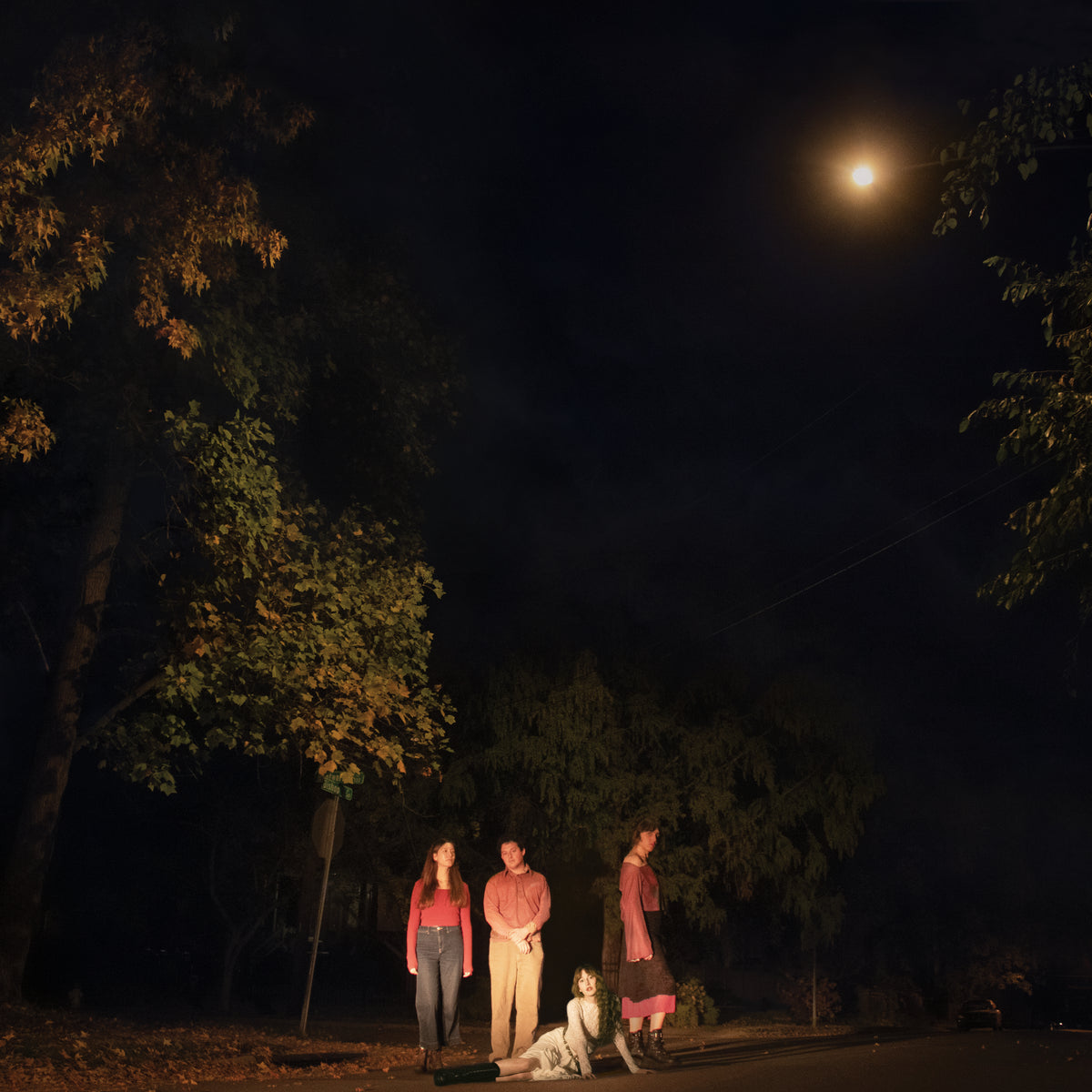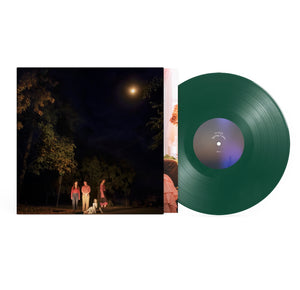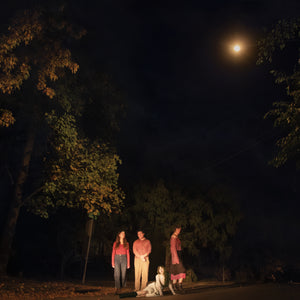Your Cart is Empty
- Alice Bag
- Alien Boy
- Control Top
- Commitment
- Cowboy Boy
- Doubt
- Empty Country
- Evan Greer
- Flung
- Frida Kill
- Fucked Up
- The Groans
- Gladie
- Gylt
- The HIRS Collective
- Hit Bargain
- Hunx and His Punx
- Jenna Pup
- John-Allison Weiss
- Kilamanzego
- King Azaz
- Lande Hekt
- Mal Blum
- Michael Love Michael
- Mirrored Fatality
- Nervus
- Niis
- Nympho
- Old City
- Open City
- The Ophelias
- Paper Bee
- Pictoria Vark
- Pouty
- Pride Month Barbie
- Queen of Swords
- Remember Sports
- She-Nut
- Sonagi
- Suzie True
- THOU
- Try The Pie
- VIAL
- ZORA







